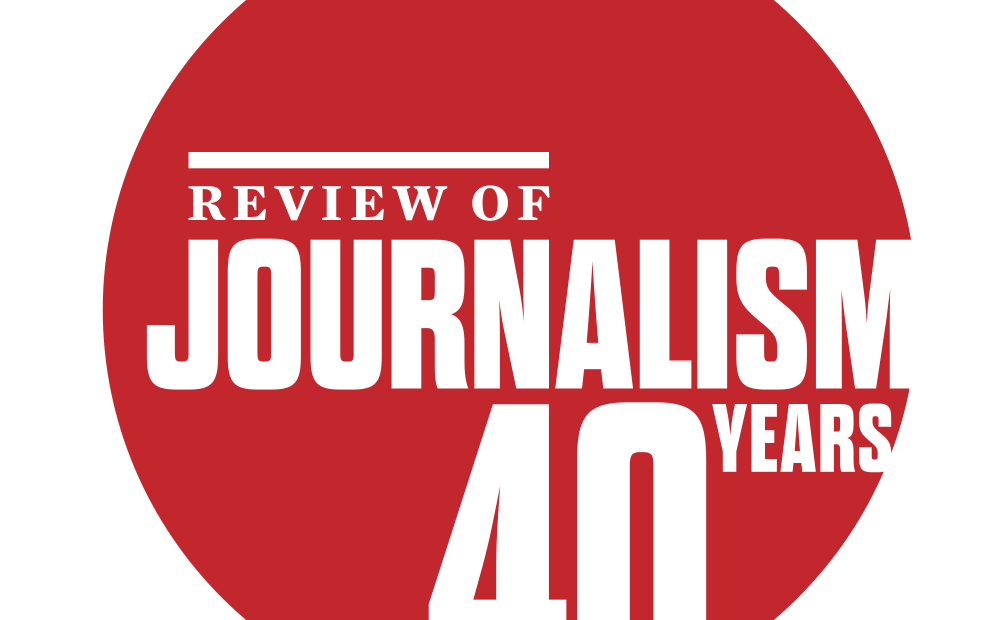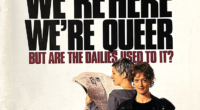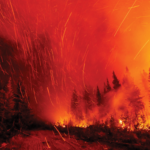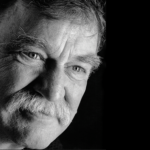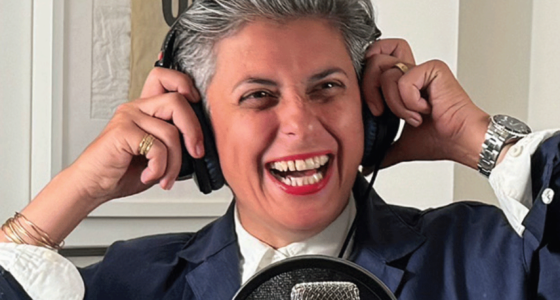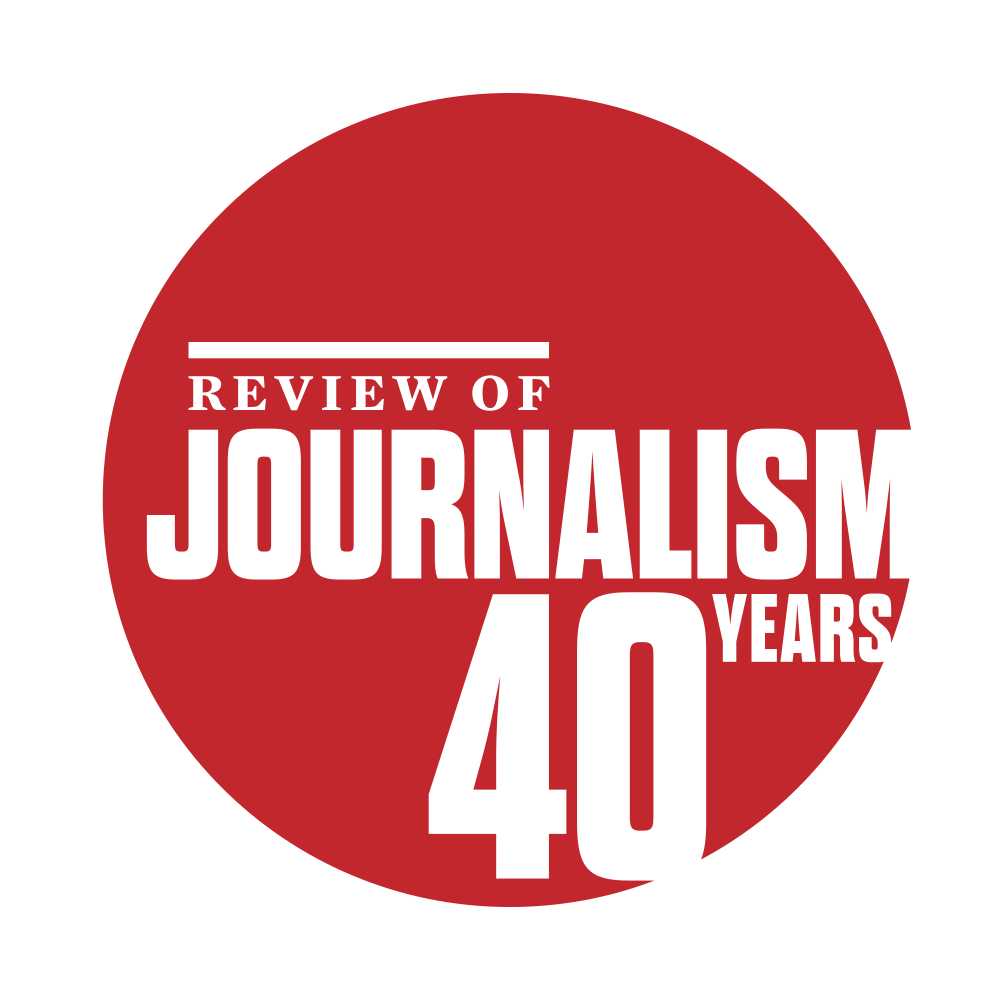
As the Review of Journalism celebrates its 40th anniversary, I find myself wondering if we’ve upheld founder Don Obe’s original mission, back in 1983–84, to “cast a discerning eye on the industry” by criticizing and questioning Canadian media. Reflecting on this past year of journalism stirs up many emotions: excitement, disappointment, rage, and resilience. For the past six months, journalists across the country have been burdened to watch their colleagues killed before their eyes, yet expected to accept the status quo. Our cover story, “The Power to Narrate” (thank you, Edward Said), highlights how Canadian journalists who report the Palestinian perspective are dismissed, monitored, and censored—a pattern that’s put journalism in one of its darkest times. Journalists are told not to have an opinion. We’re not meant to advocate or protest. However, I’m proud to say that this year’s masthead showed resistance and resilience on that front, and stood up for the safety of journalists, reaffirming our commitment to press freedom.
This year, the Review masthead produced two new monthly podcast series: Dear Journalist, which focused on interviewing established Canadian journalists about lessons learned and tools gained in this field; and Reviewed, which reviewed the magazine’s work over the past 40 years and reflected on the timeliness, relevance, and impact of the reporting. Early in the series, Reviewed tackled the issue of censorship by dissecting how language matters when reporting on Palestine. The masthead additionally collaborated with The Breach to research and analyze CBC’s The National’s disproportionate use of Israeli voices compared to Palestinians’ in its first month of coverage after October 7, as Palestinian casualties rose. Our masthead’s collective ability to report outside of what’s expected of us and use our voice as student journalists gives hope for a better future for journalism.
This year’s annual edition is not only home to hard-hitting, big-picture pieces like the Gaza cover story. It also discusses one of the timeliest issues of the year: the climate crisis. The special section features stories about photojournalists facing fires, the Greenbelt scandal, Indigenous movements, and wildfire reporting. These stories examine the urgency of addressing the climate crisis and the importance of transparent reporting.
For our 40th anniversary, we added a 12-page special insert to give a nod to both the struggles and successes of 40 years of the Review. We hear from past instructors, alumni, and professionals in the industry. We also curated a two-week exhibition, On Assignment, at the Assembly Gallery on the Toronto Metropolitan University campus. With jarring, iconic covers staring at viewers, we showcased some of the excellent work produced over the past 40 years—stories about job security, safety, ethics, and inclusivity. From coming up with original ideas to pitching and interviewing, from writing to editing, from fact-checking to more editing, from proofreading to, finally, launch, Review writers have investigated the power structure of newsrooms and highlighted important societal issues of the day, hoping to confront controversial issues and hold newsrooms accountable.
Being the editor of the Review during such a pivotal year in media and being involved in the production of these stories deepened my understanding of the responsibility journalists have. To answer my own question about whether we upheld our role as “the watchdog on the watchdogs” this year: mission accomplished. Here’s to 40 more.
About the author
Prarthana is a second-year Master of Journalism student at TMU. She’s an assistant reporter at the Investigative Journalism Bureau and a producer for Beyond the U podcast series at Toronto Met Radio. She additionally has work published in Maclean’s, Broadview, and other publications. She is passionate about sharing socio-political stories about displaced and vulnerable communities on a global scale.

